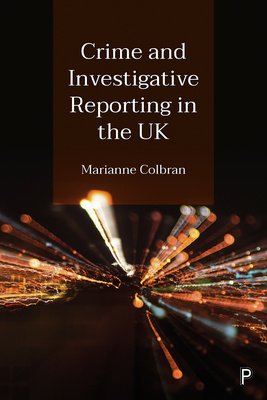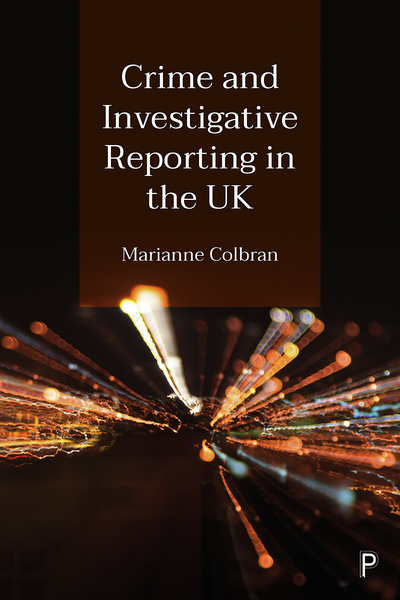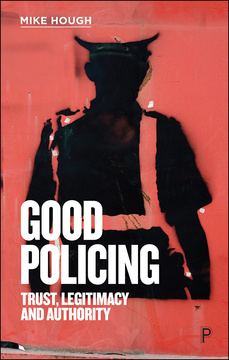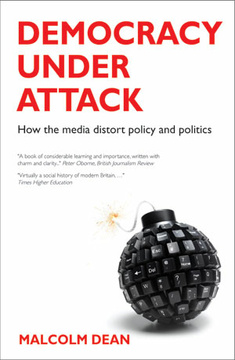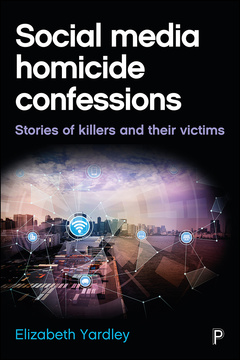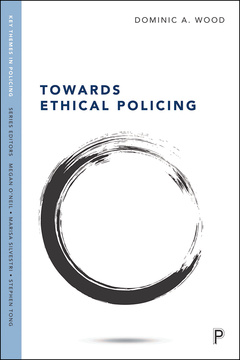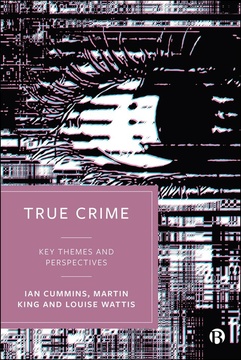Crime and Investigative Reporting in the UK
By Marianne Colbran
Published
Dec 12, 2023Page count
210 pagesISBN
978-1447358916Imprint
Policy PressPublished
Jun 23, 2022Page count
210 pagesISBN
978-1447358909Dimensions
234 x 156 mmImprint
Policy PressPublished
Jun 23, 2022Page count
210 pagesISBN
978-1447358923Imprint
Policy PressPublished
Jun 23, 2022Page count
210 pagesISBN
978-1447358923Imprint
Policy PressDrawing on interviews with journalists, senior police and press officers, this is the first ethnographic study of crime news reporting in the UK for over 25 years. It explores changes over the last 40 years, including the aftermath of the Leveson Report and the breakdown of relations between the Met and the mainstream media.
The book argues that new investigative journalism non-profits have been slowly repairing the field of crime journalism and reporting with – and not on – stigmatised communities.
Nevertheless, the police continue to control the flow of policing news to the press and the public. Despite the radical transformation of the Fourth Estate, in the case of the police it has never been so restricted in its ability to speak truth to power.
"This book delivers on its promise and will resonate with audiences that have a tradition of policing by consent. Colbran is well situated to respond with research into who makes the opening gambit on an increased reciprocity between police and media producers, and how it plays out." Policing and Society
"I can claim without any irony that this book meets the criteria for exemplary investigative journalism so often lacking in legacy media reports. Colbran is completely successful in both identifying a gap in scholarship and filling it – this is a timely and signal contribution to cultural criminology, critical criminology and zemiology." Crime, Media, Culture
"The book is skilled at reflecting changing relations between the police, press and public relations. It is a valuable resource for scholars, police and media practitioners worldwide on the changing landscapes of crime, policing and reporting." LSE Review of Books
“This is a valuable publication for journalism scholars and practitioners mainly due to its wide-ranging list of data from empirical research and theoretical resources. Journalists beyond the UK will identify similar structural problems in their relations with police and challenges in accessing data related to criminal investigations.” Communication Today
"Colbran's is an admirably original, meticulous and compelling study of the developing relations between the police and the mass media as technologies, forms of enquiry and the balance of power between institutions change." Paul Rock, The London School of Economics
“Colbran skilfully examines four decades of crime and investigative reporting in the UK in a nuanced study on representational harms by and through the media and ways to address them.” Justin Ellis, University of Newcastle, Australia
“In the constantly shifting digital media landscape, this book provides a granular overview of affairs in the UK. A must for students and scholars interested in the relationship between police, crime reporting and media.” Murray Lee, University of Sydney
“Colbran interrogates 40 years of the police/media/public relationship in the UK, bringing fresh insights on crime news reporting in a digital society. A must-read for those seeking to understand the current state of play, as well as the historical roots, of the police–media relationship.” Alyce McGovern, University of New South Wales
Marianne Colbran is Visiting Research Fellow at the Mannheim Centre for Criminology at the London School of Economics. She was previously a television scriptwriter for the British police show, The Bill.
1. Why Study Crime News?
2. The Metropolitan Police
3. Police ‘Control’ and the UK National Press
4. The Phone-Hacking Scandal
5. The Effect of Digital Platforms on the Police and the Media
6. The Rise of the New Investigative Journalism Start-Ups
7. The Changing Face of Crime News
8. How Does the Fourth Estate Work Now in Crime and Investigative Reporting?







